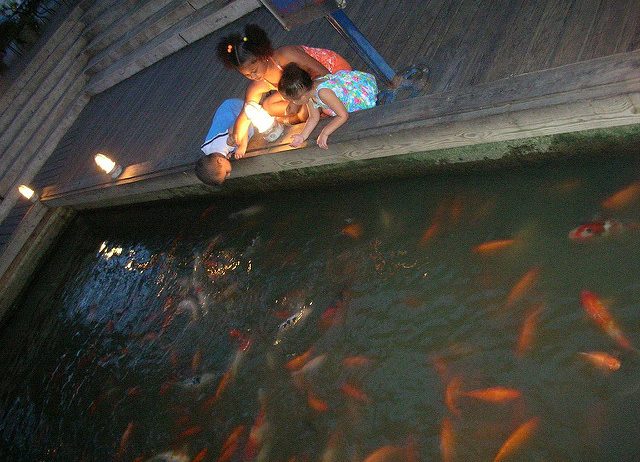Does your child have a skewed sense of their own abilities? Do they struggle to pinpoint activities and things in general that they like? Do they feel like they aren’t good at anything? Believe it or not, these are common issues for kids on the autism spectrum or with ADHD. All kids need activities they like to do and excel at, but finding them can be a challenge in and of itself. So how do you help a kid get a hobby? What if they lack the self-awareness to realize they already have one? We’ll tell you how to help children learn what they like and what they’re good at in this edition of the LearningWorks for Kids Beyond Games series.
Ask them. Simple, direct questions can help uncover likes and dislikes and help a child understand that having personal preferences is an important component of self-awareness. Start with simple, direct questions like favorite foods (especially desserts), sports, and TV shows, before moving on to more complex topics like favorite seasons, school subjects, and friends. Follow up by asking why they prefer the things they do.
Get artsy. Use pictures, scrapbooks, written lists, or diagrams to illustrate a child’s unique attributes. Encourage them to collect pictures, write lists, and draw diagrams that remind them of their various skills. Write a list of strengths on one side of a page and a list of weaknesses on the other to remind them of abilities in each area. Have your child tape record a discussion of their strengths and then listen to the tape at a time of frustration to help them remember their positive characteristics, skills, and abilities.
The use of visual strategies to underline areas of strength can be especially helpful for children with low self-esteem. Identify and reinforce strengths by routinely posting pictures of a child helping others or engaged in an interest. For example, children who struggle with school but are hard working and cooperative could benefit from a display of pictures that feature them with friends, helping with household chores, or smiling with family members. Encourage a child to determine areas where they do well and collect and group pictures of their accomplishments in these areas.
Dig deeper. Children who need help developing their sense of self-awareness can benefit from reflecting on things they enjoy as opposed to things they do not. In addition to the simple, direct questions described above, ask your child things like, “Which school subject do you like the most?” or “Which one do you like the least?” Ask for reasons why they enjoy or don’t enjoy different things and activities. Reflecting on these different preferences can build self-awareness and even help your kid get a hobby (or realize they already have one).
Vary the viewpoint. It’s important for your child to recognize that although they have weaknesses in some areas, they have strengths in others. Being able to identify those strengths and weaknesses can be important to developing accurate self-perceptions and building positive self-esteem. Have your child ask a friend or relative to make a list of the child’s strengths and weaknesses to compare with your child’s own list. Compare the lists, paying particular attention to areas of agreement. Use any differences between the lists as an opportunity to open a dialogue about what we see in ourselves versus what others see. It may be that your child learns they have a skill they didn’t even know about.
Do. After following a couple of these strategies, you and your child should both come away with a better sense of what they like and like to do. Do a bit of talking to try to find a practical way to learn more about any discovered hobbies or preferences. Does your child like cooking? Get a few cookbooks from the library and experiment together. Does your child want to get into a sport? See a minor league baseball game together to figure out if it’s something they actually like or want to learn more about. There are some very low risk immersion techniques that can help your child figure out what they like and provide opportunities for quality time together.
Some feel kids need to overcome their weaknesses and put forth greater effort to excel in areas in which they struggle. Others believe kids should find their interests and put most of their energies into these areas. Our approach is to help kids develop the skills required to be capable in areas of weakness and suggest tools that allow them to become more fluent with these skills. We encourage kids to identify their passions and pursue them with all of their vigor. Use our Playbooks and app reviews to discover and further develop the skills your child uses in the games and apps they already love.
Featured image: Flickr user Richie Diesterheft




